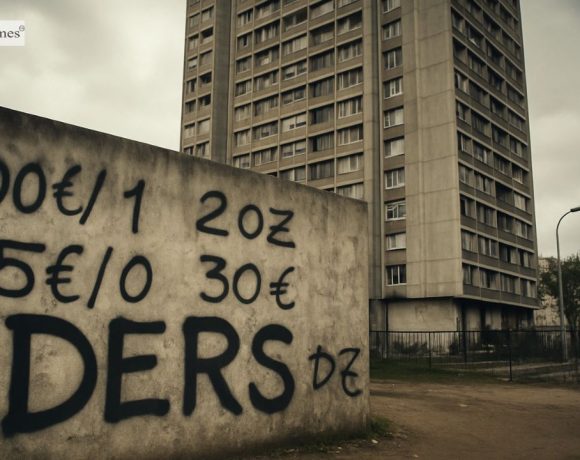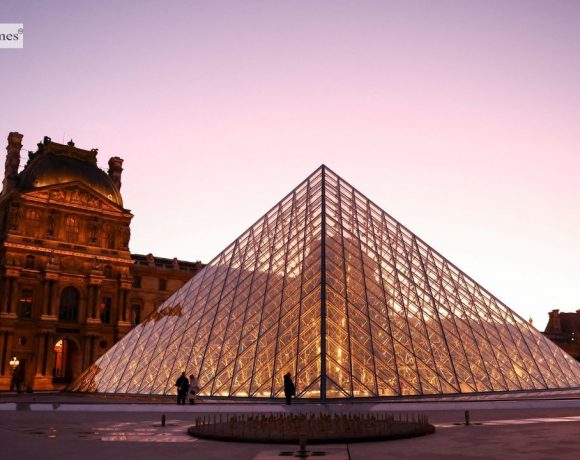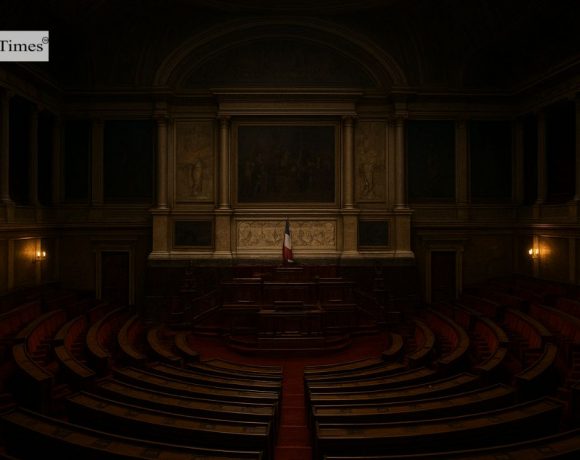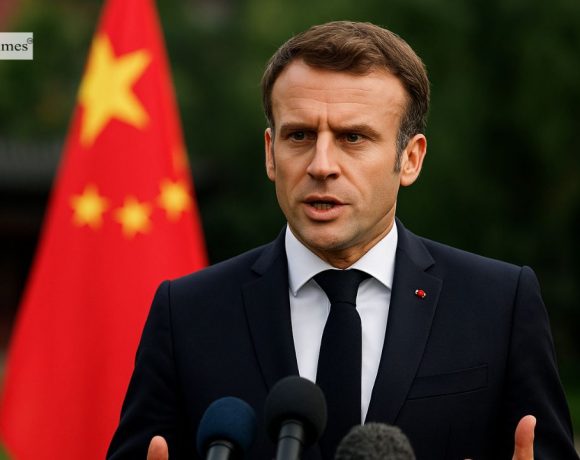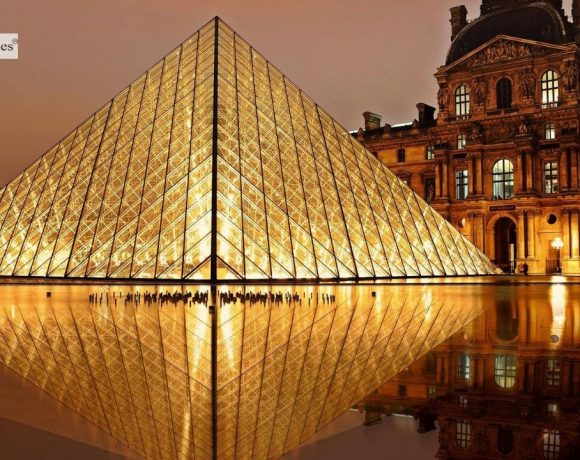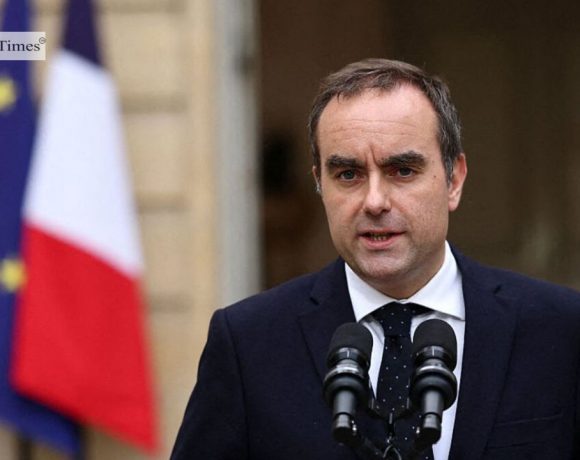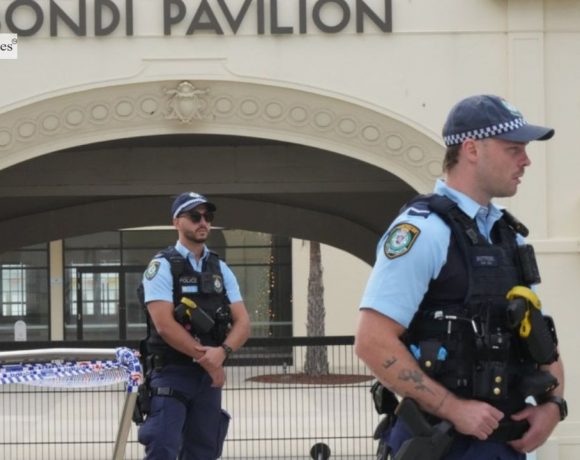
Major cities across Europe and the United States have heightened security around Hanukkah celebrations following a deadly shooting at a Jewish holiday event at Sydney’s Bondi Beach. Authorities in Berlin, London, New York and Warsaw increased police presence at synagogues, public menorah lightings and other Jewish sites as a precaution. The measures come amid concerns over public safety during the religious festival.
In Berlin, police intensified security around the Brandenburg Gate, where a large electric menorah was lit to mark the first night of Hanukkah, with the event also including a prayer for the victims of the Sydney attack. New York Mayor Eric Adams said additional protection was being deployed for synagogues and public celebrations across the city to ensure the Jewish community could observe the holiday safely. In Warsaw, armed security was doubled at the city’s main synagogue, while Polish police reinforced protection around diplomatic missions and places of worship.
London’s Metropolitan Police said it had stepped up patrols and community engagement, despite no indication of a direct threat linked to the Sydney incident. France also ordered stronger security around Jewish institutions during the Hanukkah period, with Interior Minister Laurent Nunez calling for increased vigilance at religious services and large public gatherings. The moves underscore broader efforts by authorities to prevent further violence following what Australian officials described as a targeted antisemitic attack.
Pic courtesy: google/ images are subject to copyright


